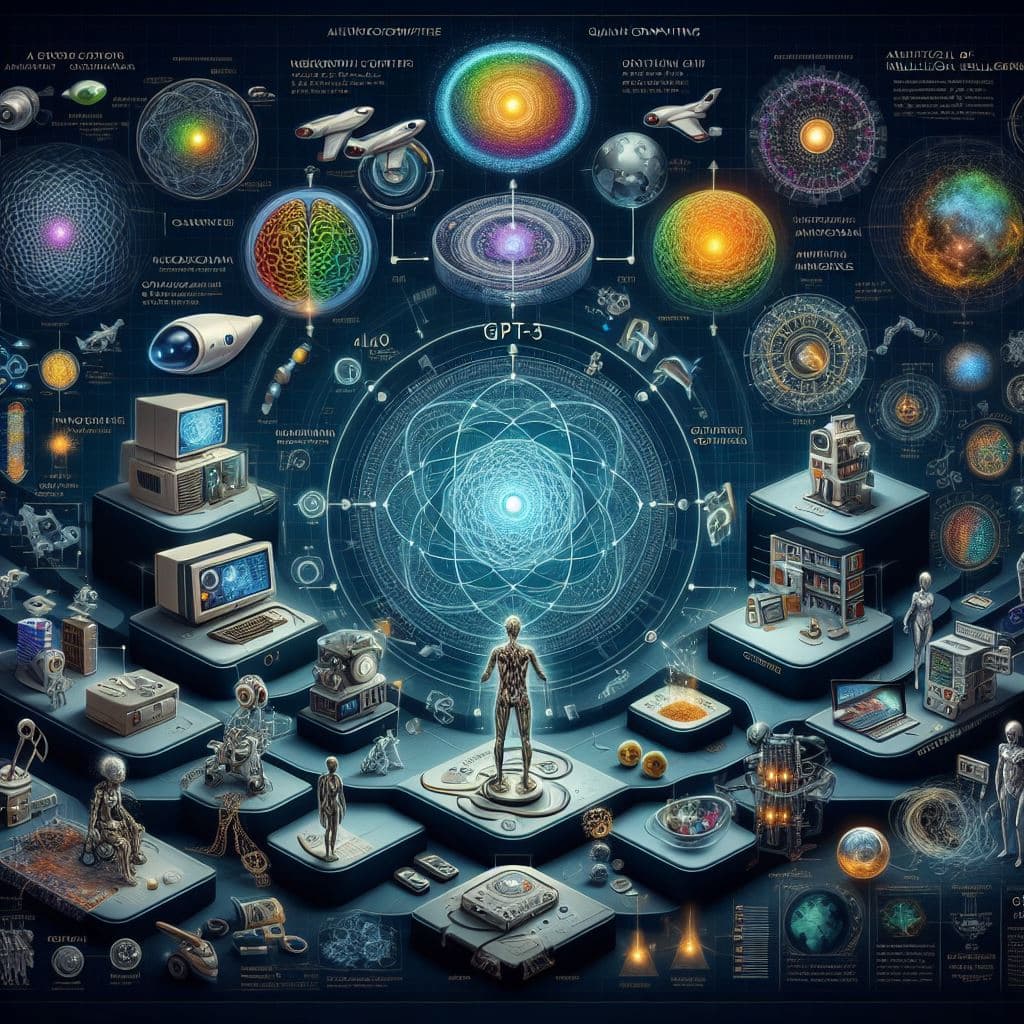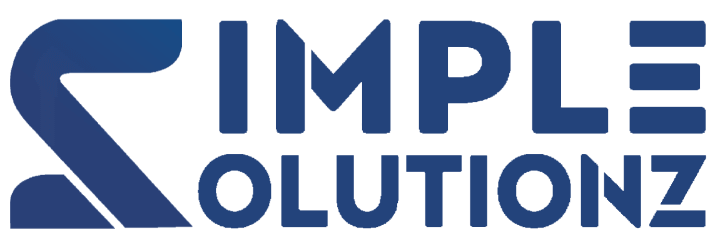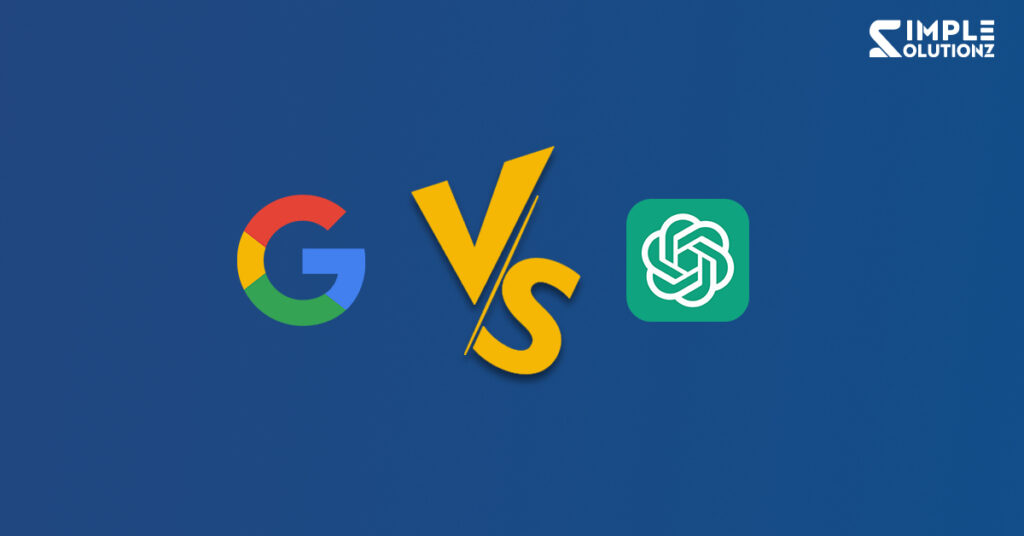The year 2024 marks a significant milestone in artificial intelligence as we witness the emergence of two AI giants – Google Gemini and ChatGPT. These technologies have the potential to reshape the way we interact with AI, and their unique features and capabilities have garnered immense attention. This blog post will explore Google Gemini, offering an overview of its significance, features, and functionalities. We will also compare it with ChatGPT, another formidable player in the AI landscape.
Contents
What is Google Gemini?
Google Gemini has taken the AI world. It represents a monumental leap in the field of artificial intelligence. With its inception, Google has opened the doors to a new era of AI capabilities and applications.
The significance of Google Gemini lies in understanding and generating human-like text and interacting with users conversationally. It can enhance various applications, from customer service chatbots to content generation.
Google Gemini’s emergence is a testament to the continued rapid progress of AI technology, and it symbolizes the ever-increasing convergence of AI with our daily lives. It promises a more seamless and natural interaction between humans and machines, making AI an integral part of our personal and professional lives.
Features and Functionality
Google Gemini boasts many features and functionalities that set it apart from traditional AI models. Its ability to understand context, engage in natural conversations, and generate highly coherent text has left AI enthusiasts and developers in awe. Google Gemini leverages advanced natural language processing techniques, reinforced with a massive dataset, to deliver state-of-the-art performance.
Contextual Understanding
Understanding context is one of the remarkable features. It can follow a conversation thread, remember previous interactions, and respond in a manner that demonstrates an understanding of the user’s needs. This contextual awareness is a notable change for chatbots, customer service applications, and virtual assistants.
Natural Conversational Interaction
Google Gemini excels in simulating human-like conversations. It doesn’t rely on rigid scripts but can engage in dynamic and flexible interactions. This is particularly valuable in applications that require realistic and personalized communication with users.
Content Generation
The ability to generate coherent and contextually relevant text is another standout feature of Google Gemini. It can assist in content creation, offering valuable support to content creators, marketers, and writers by providing suggestions, summaries, and even drafts of articles.
Recommendation Engine
Google Gemini can serve as a powerful recommendation engine, offering personalized suggestions to users. This is especially useful in e-commerce, where it can enhance user experiences by suggesting products based on a user’s preferences and browsing history.
The Release Date of Google Gemini
Unfortunately, we can’t provide an exact release date for Google Gemini, it is anticipated to become available by the end of 2023, as reported by The Information. Notably, Google has already granted access to Gemini to certain developers.
The initial release of Google Gemini generated excitement, with developers and businesses eager to explore its potential. Google has continued to invest in technology, releasing regular updates to enhance its capabilities and address user feedback. These updates have improved performance, making Google Gemini an even more valuable tool for various applications.
Google Gemini vs ChatGPT: A Comparative Analysis
To better understand the AI landscape in 2024, it’s essential to compare Google Gemini with another formidable AI technology, ChatGPT. Both technologies bring their unique strengths to the table. While Google Gemini excels in understanding user intent and providing relevant responses, ChatGPT has a remarkable knack for generating creative and human-like text. The choice between them depends on the specific needs of the application or service.
Google Gemini’s Strengths
- Exceptional Contextual Understanding: Google Gemini’s ability to comprehend and remember context is a significant advantage. It ensures that interactions with users feel more natural and meaningful. This strength is precious in applications like virtual assistants and customer support.
- Seamless Integration: Google Gemini can be integrated into various applications. This versatility makes it an excellent choice for businesses looking to enhance user interactions through natural language processing. Its open architecture allows developers to customize and adapt it to their requirements.
- Robust and Continuously Evolving AI Model: Google’s commitment to improving and refining Gemini is evident through regular updates. The technology’s robustness and adaptability ensure that it remains at the forefront of AI innovation.
ChatGPT’s Strengths
- Text Generation
ChatGPT is renowned for its remarkable text-generation capabilities. It excels in content creation, making it a valuable tool for writers, marketers, and content creators. Its ability to generate creative and human-like text is unmatched.
- Multilingual Abilities
ChatGPT offers strong language support and multilingual capabilities, which can be particularly advantageous for businesses with a global reach. It can engage users in their preferred language, opening opportunities for broader customer interactions.
- Pretrained Models
ChatGPT benefits from extensive pre-trained models optimized for diverse tasks. This makes it a versatile choice for various applications, including text summarization, language translation, and more.
The differences between these technologies highlight the importance of choosing the right AI tool based on the specific requirements of a project or business. Google Gemini’s strengths lie in its ability to understand and respond to user intent with contextual awareness, while ChatGPT shines in creative content creation and multilingual capabilities.
Practical Applications of Google Gemini
Google Gemini’s practical applications span multiple industries, demonstrating its adaptability and versatility. Here are some real-world use cases and success stories:
1. E-commerce and Retail
In the e-commerce sector, Google Gemini can power chatbots that provide personalized product recommendations to customers. By analyzing users’ browsing history and purchase patterns, it can suggest relevant products, improving the overall shopping experience. Engaging in natural conversations also contributes to better customer support, solving inquiries and concerns in a more human-like manner.
2. Customer Support
Customer support chatbots have significantly benefited from Google Gemini’s capabilities. It can handle many customer queries, providing relevant information and solutions in real-time. Contextual understanding ensures that conversations feel personalized and meaningful, enhancing customer satisfaction.
3. Content Creation
Content creators and marketers have found Google Gemini to be a valuable ally. It can assist in generating content ideas, composing articles, and producing marketing copy. This not only streamlines the content creation process but also ensures that the generated content is coherent and contextually relevant.
4. Healthcare
For healthcare solutions, Google Gemini is being used to improve patient interactions. It can answer common medical questions, provide information on symptoms and conditions, and even schedule appointments. This eases the burden on healthcare professionals, allowing them to focus on more complex and critical tasks.
5. Education
Google Gemini has also made inroads into the education sector. It can serve as a virtual tutor, assisting students with homework, explaining concepts, and offering study tips. The ability to engage in natural conversations makes learning more engaging and interactive.
These practical applications highlight Google Gemini’s adaptability and value to various industries. Technology continues to evolve and find new use cases, making it an exciting tool for businesses and developers.
The Future of AI: What’s Next After Gemini?
As we look beyond Google Gemini and ChatGPT, it’s evident that the AI landscape is continuously evolving. The rapid progress in AI technology is expected to bring forth new possibilities and capabilities.

Here are some insights into the future of AI beyond 2024:
1. Enhanced Personalization
AI is expected to become even more personalized, catering to individual preferences and needs. This level of personalization can lead to more engaging and relevant user interactions, whether in e-commerce, entertainment, or education.
2. Improved Contextual Awareness
AI models are likely to become even more proficient in understanding context. This will result in more natural and meaningful conversations with users. Advanced contextual awareness can have applications in virtual assistants, customer support, and various other domains.
3. Broader Applications
AI technology will continue to expand its applications, moving beyond the domains it currently serves. Autonomous systems, including self-driving cars and drones, are expected to benefit from AI advancements. Additionally, AI’s role in finance, healthcare, and education will likely grow, creating new opportunities and challenges.
4. Ethical and Regulatory Considerations
As AI becomes more integrated into our lives, ethical considerations and regulations will play a crucial role. Addressing issues related to bias, data privacy, and transparency will be essential to ensure that AI technologies are developed and used responsibly.
5. Collaboration with Humans
AI is expected to increasingly collaborate with humans in various tasks. This “human-AI partnership” can lead to more efficient and creative problem-solving. In fields like scientific research and creative arts, AI can augment human capabilities.
Google Gemini and ChatGPT represent the pinnacle of AI technology in 2024. These two AI titans offer distinct capabilities, each with its own set of strengths and use cases. The choice between them depends on the specific needs of businesses and projects. As we step into the future of AI, the possibilities are boundless, and artificial intelligence promises to be exciting and transformative.
FAQ’S
What does Google Gemini stand for?
Google Gemini does not stand for any specific acronym or set of words. It is the name of an advanced artificial intelligence technology developed by Google.
How much does Google Gemini cost?
The pricing of Google Gemini can vary depending on the specific usage and licensing agreements. Google offers a range of pricing options based on factors such as:
The scale of usage
The type of applications
The level of support required
For precise pricing details, it is recommended to contact Google directly or visit their official website for the most up-to-date information.
Is Google Gemini the same as Bard?
Google Gemini and Bard are separate AI projects developed by Google. While both projects aim to advance natural language processing and understanding, they are distinct technologies with unique features and capabilities.
Google Gemini is particularly known for its conversational AI abilities, contextual understanding, and content generation, while Bard may have its focus and characteristics.
Will Google Gemini be public?
Google Gemini had been introduced as a research project, but it was not publicly available. However, Google frequently updates and releases new technologies. However, it’s advisable to visit Google’s official website or refer to their official announcements for the latest information.
What are the features of Gemini AI?
Some of the key features of Google Gemini AI include:
Exceptional contextual understanding, allowing it to follow and remember conversation threads.
Natural conversational interaction, making it capable of engaging in dynamic and flexible interactions.
Coherent content generation, making it useful for content creation, article drafting, and more.
The ability to serve as a recommendation engine for personalized suggestions.
Continuous improvement through regular updates, ensuring it remains at the forefront of AI innovation.

